(ThySistas.com) Cannabis has been a subject of heated debate in recent years. It has even pushed the brink of becoming mainstream. For years, the federal government has been asked the pot question and the resounding answer has always been for those who partake to wait. The waiting has potentially paid off in some areas of cannabis as some governmental entities has begun the process of legalization. The slow rolling change of the guard is occurring in politics, and it has brought about a social justice reckoning.
This reckoning is reflected in some of the legislation that has passed. Most states have begun the process of decriminalizing the substance and it had been met with massive support from both sides of the aisle as far as partisanship. Municipalities in some states have taken jail time out of their code when it comes t However, there is a layer that has been scratched at but has not completely been peeled away. That layer has to do with marijuana and those who have been incarcerated because of it. There are currently prisons that have citizens who may have been carrying small amount of marijuana or even just a marijuana cigarette who are victims of harsh minimum sentences. These sentences affected those who were on the lower end of the socioeconomic spectrum and tended to be Black and Brown. This led to jails filled with Black and Brown bodies that had little to no recourse for freedom. These laws were not just limited to the court room proceedings.
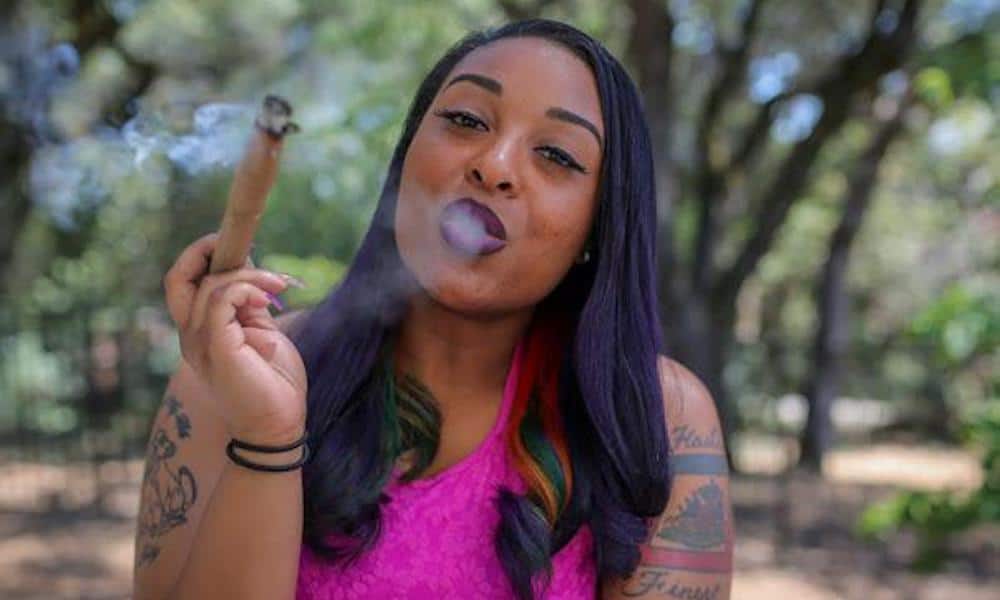
The decriminalization of marijuana also affects Black women in the realm of child welfare. It is not really a secret that there are women, specifically women of color, that use marijuana to help manage anxieties associated with parenting. According to a Rutgers study done in June 2021, it concluded that Black women were more likely than their white counterparts to be reported to Child Protective Services for prenatal substance use. It noted that when they were reported there was no difference in their substance use status. This subtle difference has more of a detrimental effect on women of color as their cases may be seen in a biased light due to preconceived notions of those in power.
Women in general, and Black women, also tend to underreport their cannabis use and/or avoid seeking prenatal care due to fears about losing their parental rights. In some states, prenatal substance use is deemed child abuse by the law and those states enforce. With draconian laws like this in place it can lead to less favorable pregnancy outcomes in addition to missed opportunities for prenatal care and education on substance use prevention and treatment. Even when women choose to tip their hand about their cannabis use, inequities in repercussions for honest disclosure are still present.
Am I advocating the use of cannabis during pregnancy? No. There have not been enough studies to conclude if the psychoactive element of THC has any effects on a fetus. So, let’s not jump on the blunt train for pregnancy aches and pains just yet. However, I am advocating for the treatment on this issue to be the same for all. If a white mother is given various recourses for rehabilitation if they are found to be using while then Black and Brown women should be afforded the same opportunities. It baffles me how the meth epidemic is treated with a gloved hand in reference to recovery treatment and white mothers are given chances to keep their children. Whereas Black and Brown mothers are instantly demonized, stigmatized, and punished more harshly for their illicit substance missteps. I think the main sentiment that is expressed here can be summed up in an old adage, “What’s good for the goose is good for the gander.” While I know that is used in female and male situations, it can be applied her to advocate for equality in the child welfare system that seems to be more broken than we realize.
Though Black women have begun to come out of the shadows as far as their cannabis use and address the stigmas that surround the drug, it hasn’t been easy. They have inserted themselves in the conversation by being hired in positions that make real change. Women like Dasheeda Dawson are working to change these legal micro-aggressions that tend to disproportionally affect Black women. Dawson oversees the cannabis program for the city of Portland, Ore. Which means that she has a direct hand in the city’s policy on the substance. These instances are what is needed if the decriminalization effort is to be whole and effect real change in our community.
Staff Writer; Monika Rambeaux






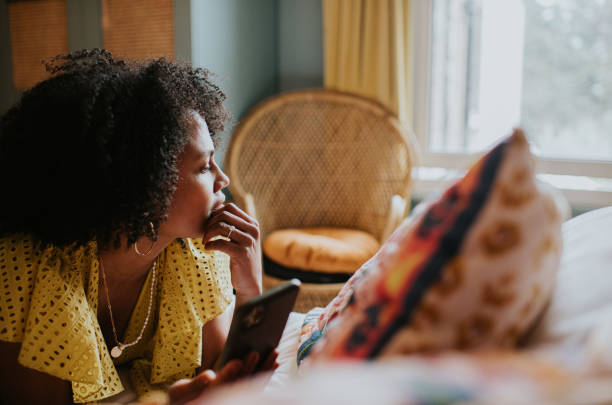
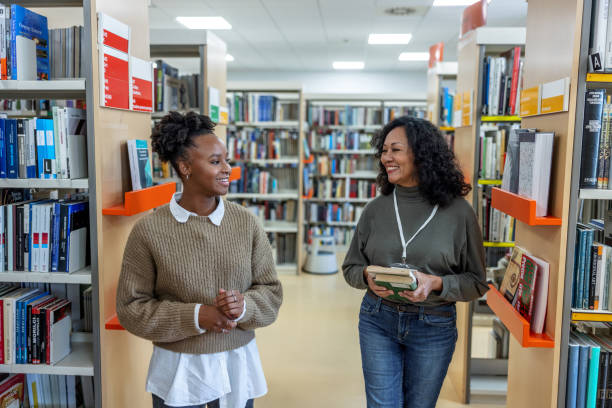
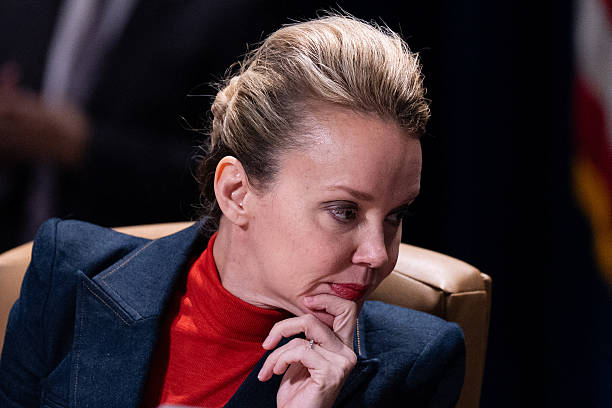
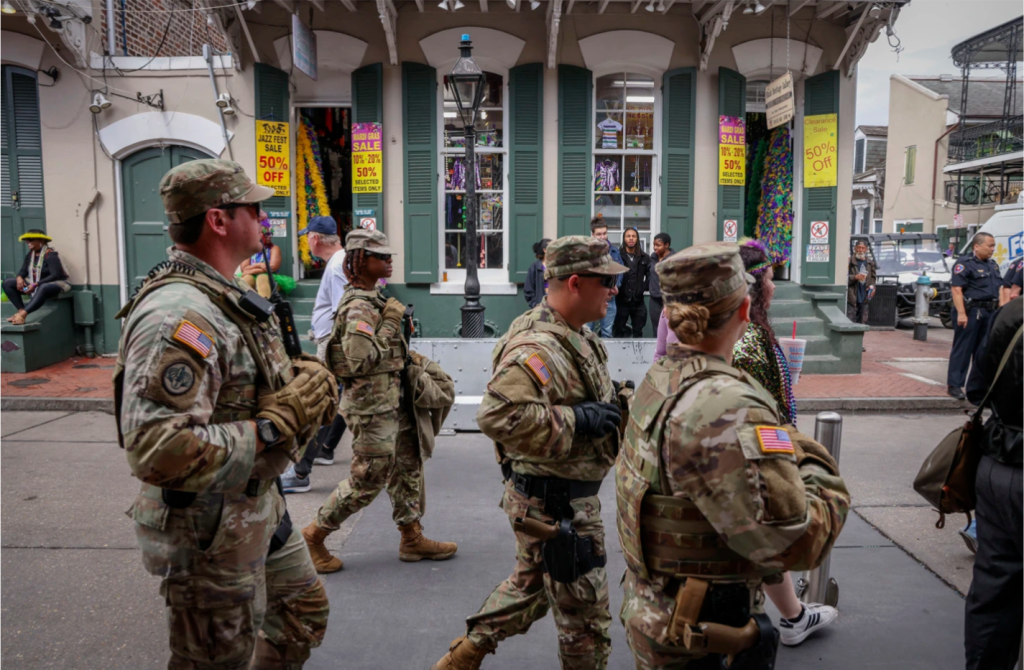
Leave a Reply